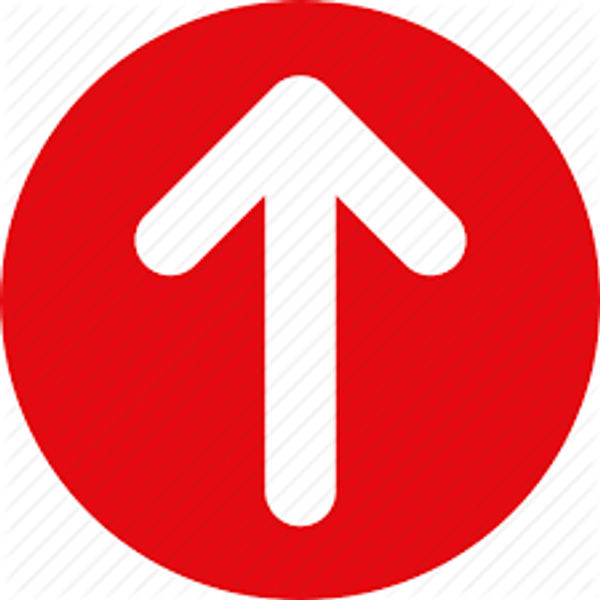Understand Phrasal Verbs with UP
Phrasal Verbs can be difficult to understand and use if you are not a native English speaker.
Although they are a very important part of English, sometimes it can be tricky to explain exactly what a phrasal verb means and why. As a native English speaker, I intrinsically know the meaning of most, if not all phrasal verbs I hear or see. However, helping my students to understand them is a skill I have tried to learn and develop over the years.
If you are a student of English, then you will have seen and heard some phrasal verbs. But, they are hard to learn and use, especially if you don’t fully understand them.
What is a Phrasal Verb?
Typically, they are 2 or 3-word combinations of a Verb and a Particle (adverb, preposition). These separate words, when joined together, form a phrase with a very specific meaning, that cannot be understood based on your understanding of the individual words. The reason for this is because the Particle (preposition or adverb etc.) actually alters, or changes the action described by the verb.
For example: Speak Up
‘Please can you speak up, I can’t hear you at the back?’
Here we have the verb To Speak and the preposition Up. Both easy to understand.
Speak is the action of producing sounds with your mouth.

Up is a direction.

So, does the phrasal verb Speak Up mean to speak into the sky?
No, of course not!
To understand the phrasal verb, first, we must understand the full meaning of the word Up.
Up has a literal meaning - the direction up.
But it also has figurative meanings, and these other meanings are taken from how we experience the world around us.
So, first, we have the literal meaning of up - the direction, which gives us phrasal verbs such as Pick Up and Go up. These are describing a direction of movement.
Pick up the coffee cup. (So that you can drink from it)
Go up the stairs. (To your bedroom to sleep)
However, this upward movement can also have the abstract meaning of increasing in quantity.
Sales have gone up this month. (Last month they were 40, this month they are 50)
Can you fill my car up please? (I need more petrol)
I am full up after eating 3 cakes. (My body is full, there is no room left for cake!)
When we start to think about increasing the quantity of something, in a lot of cases, more is better. So, Up can also mean an improved state. Something is better than it usually is or it has been improved.
I like to dress up when I go to a restaurant. (I wear my best clothes)
We can also use Up to describe the orientation of something. Here is another example for you.
Imagine that you have a glass of water on your desk and you knock the glass so that it falls and spills the water everywhere. The glass is not in the correct position or orientation. Before you can pour yourself another glass of water to have to re-orientate the glass into the up position. You have to make sure that it is ready to receive the water. The glass is prepared.
This meaning gives us phrasal verbs such as Set Up and Warm Up.
I want to set up a new business. (To start a new business, to prepare my new business)
I like to warm up before exercise. (To prepare your body for rigorous exercise)
An Upward movement of any object from the floor can make it easier to see. Once the object reaches eye level, you can view it and it is easier to recognize.
Thank you for bringing up that important point. (To make sure people are aware of something)
At the party, I went up to her and asked her to dance. (I approached her so that she could see me, I was visible)
When we can see something clearly, we are also in a better position to be able to understand it.
I looked up the information on Wikipedia. (I searched and found information)
I read up on the Solar System. (I read a book of facts and now I have more knowledge)
Up is more than just a direction.
Although it does have its literal meaning, which is commonly used in English, Up can also have the abstract meanings of:
More or Increasing
Better or Improved
To Prepare or Make ready
To View clearer or Understand better
You will hopefully notice that most of these abstract meanings of Up and their phrases verbs are about changing something for the better. They are all positive changes.
This is not a full list of all the phrasal verbs with Up, nor have I included all of the potential abstract meanings associated with Up. However, I hope I have given you an insight into how you can learn and use phrasal verbs easier in the future.
If you are feeling confident and you can now tell me the meaning of the Phrasal Verb To Speak Up, then please post your answer in the comments below.
25 декабря 2019 г.

.jpg)



